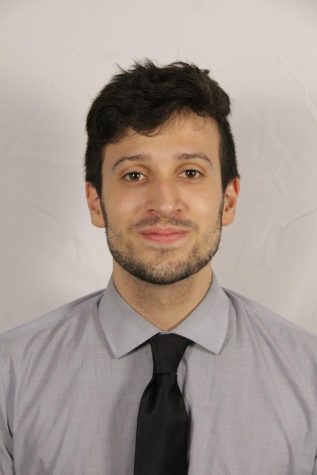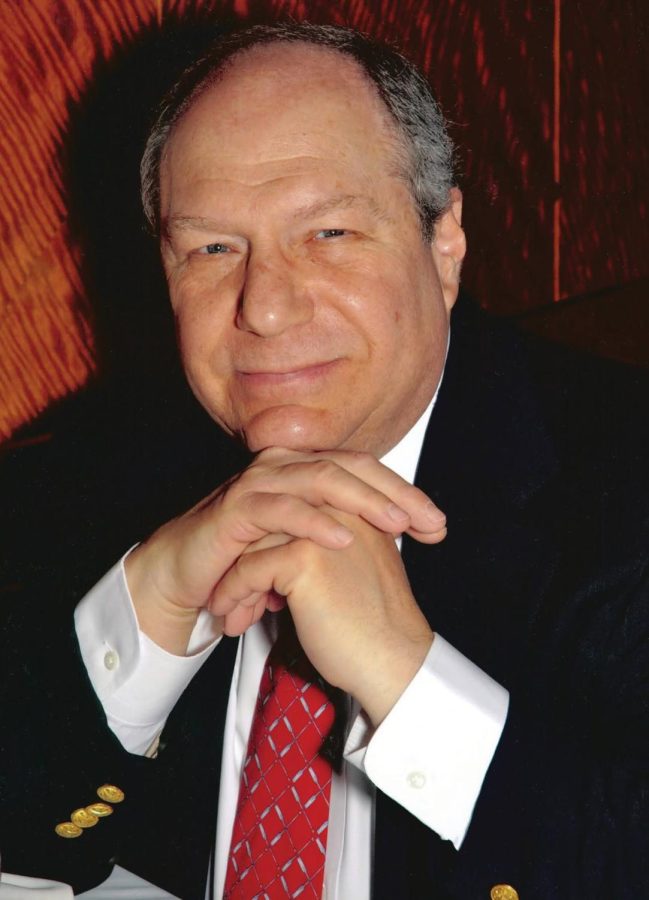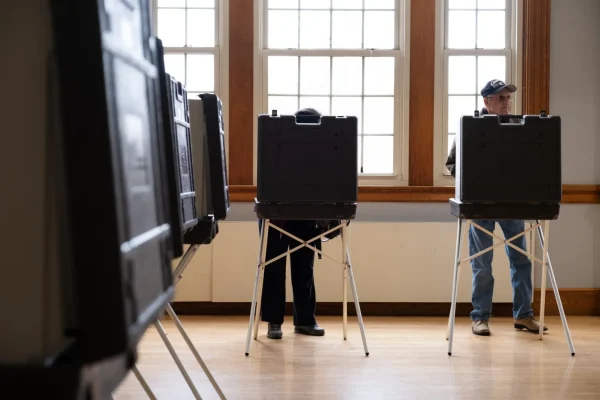National security professor gives tips on internships
Photo courtesy of Dr. Howard Stoffer
Dr. Stoffer,a national security professor at the University of New Haven.
Howard Stoffer, a national security professor at the University of New Haven, worked in the U.S. Foreign Service from 1980 to 2005, and for the next seven years worked for the United Nations, where he specialized in American national security and international affairs.
Stoffer has advice for students seeking internships.
He said, “we [in the national security department] require students to undertake an internship… at least one… if you start as an intern, you get a more realistic view of what’s out there.”
He said that “getting an internship means doing research… for example, the Chronicle of Higher Education has a lot of jobs in the back… in many fields, including international affairs. Humans Rights Now, Human Rights Watch, Amnesty International…. all advertise in that journal.”
Stoffer said that “you can start out with less prestigious programs, and talk to faculty… we direct students to a variety of internships that are available locally in the West Haven and New Haven area… like the Mayor’s office or the police department.”
New students, he said, can get themselves out there if they’ve never applied for an internship before.
“You’ve got to talk to faculty, talk to all of the students, look at the back of the Chronicle of Higher Education and other journals, and of course, be active and write letters [advocating for yourself],” Stoffer said.
Stoffer said that writing letters is a great way to get yourself out there, even if you don’t get the internship you want on your first try. Introducing yourself, your skill set and your willingness to work will most likely catch the attention of potential employers, he said.
Stoffer said the Washington Institute Internship, a semester-long internship program in D.C., run by associate professors of national security Matthew Schmidt and Chris Haynes, is a great way to see how the professional world works, especially the agencies that operate there.
Stoffer also suggested that students reach out to faculty as a resource. He said, “The faculty are a tremendous resource who should be exploited; we work for you, and we should help every one of you achieve what you want to achieve.”
For example, Stoffer said Charles A Morgan has connections with the CIA, associate professor of national security Matthew Schmidt has connections with the Department of Defense, and associate professor of national security Chris Haynes, specializes in immigration.

Samuel Weinmann is a passionate journalist who is a junior international affairs major at the University of New Haven. As the editorial head of the Charger...





